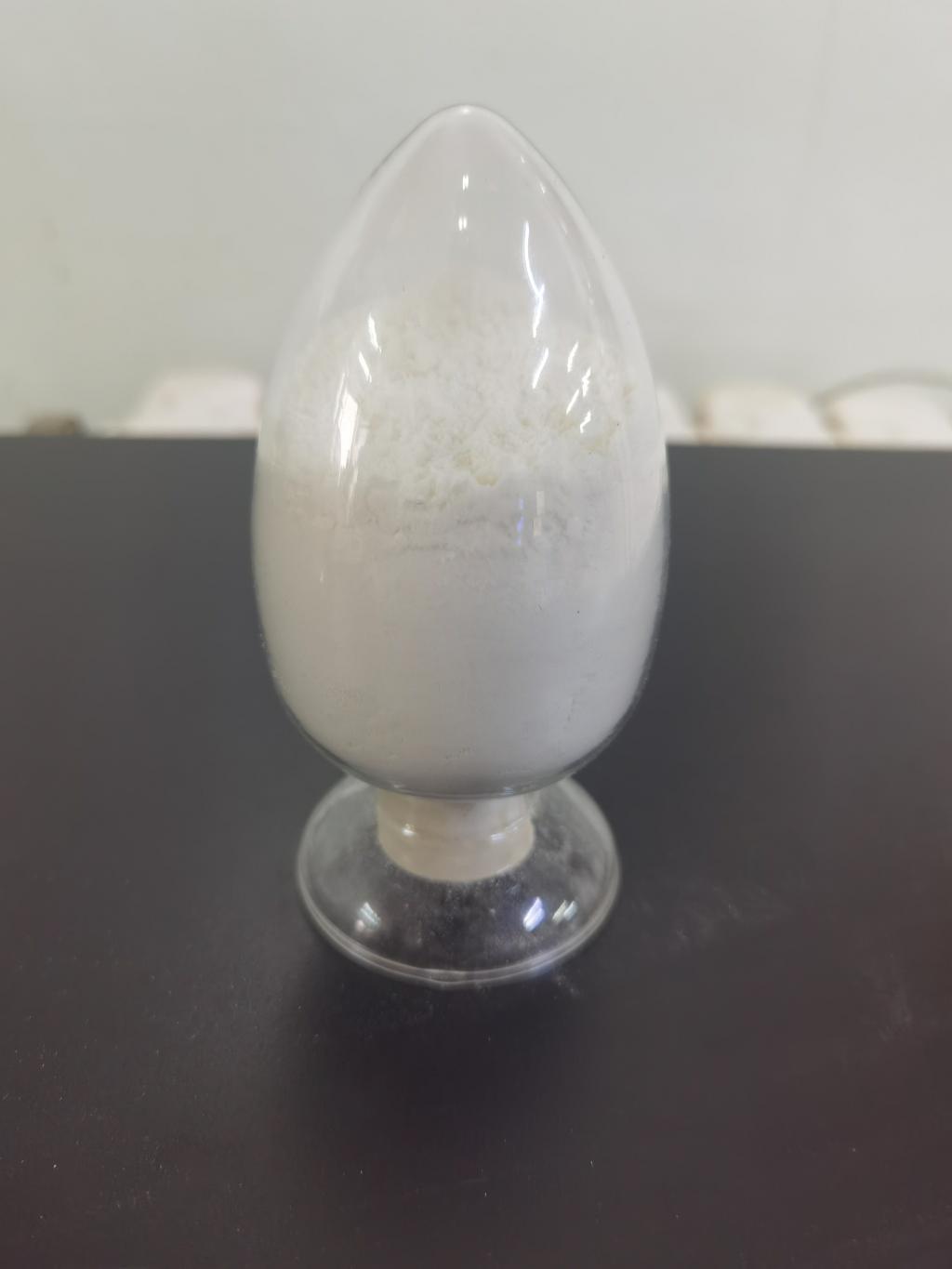Tel:0086 18231198596

News
Current Position:
Home >
News
>ε-Polylysine hydrochloride: Addressing challenges in food safety and public health.
ε-Polylysine hydrochloride: Addressing challenges in food safety and public health.
TIME:2024-05-06
Properties and Mechanisms of Action
ε-Polylysine hydrochloride is a cationic polymer composed of lysine residues linked by peptide bonds. Its antimicrobial activity stems from its ability to disrupt microbial cell membranes, inhibit protein synthesis, and interfere with cellular metabolism. ε-Polylysine hydrochloride exhibits broad-spectrum activity against Gram-positive and Gram-negative bacteria, yeasts, molds, and some viruses, making it effective against a wide range of foodborne pathogens and spoilage microorganisms.
Applications in Food Preservation
ε-Polylysine hydrochloride has diverse applications in food preservation, including:
Meat and Poultry: Used as a preservative in processed meat and poultry products to inhibit bacterial growth and extend shelf life.
Dairy Products: Added to dairy products such as cheese, yogurt, and fermented milk to prevent spoilage and improve microbial safety.
Beverages: Incorporated into beverages, including juices and soft drinks, to control microbial contamination and maintain product quality.
Bakery and Confectionery: Utilized in bakery and confectionery products to prevent mold growth and prolong freshness.
Regulatory Considerations
In many countries, including the United States, ε-Polylysine hydrochloride is approved for use as a food additive with specific usage levels and labeling requirements. Regulatory agencies such as the U.S. Food and Drug Administration (FDA) and the European Food Safety Authority (EFSA) have evaluated its safety and established acceptable daily intake (ADI) levels. Compliance with regulatory standards is essential to ensure the safe and legal use of ε-Polylysine hydrochloride in food products.
Benefits and Challenges
The use of ε-Polylysine hydrochloride offers several benefits in food preservation, including:
Enhanced Food Safety: Effective inhibition of foodborne pathogens and spoilage microorganisms, reducing the risk of foodborne illnesses.
Extended Shelf Life: Prolonged freshness and extended shelf life of food products, minimizing food waste and improving economic efficiency.
Natural Origin: Derived from fermentation of natural substrates, ε-Polylysine hydrochloride is considered a natural and environmentally friendly preservative.
Challenges associated with the use of ε-Polylysine hydrochloride include:
Resistance Development: Potential for microbial resistance to ε-Polylysine hydrochloride with prolonged use, necessitating monitoring and surveillance.
Formulation Compatibility: Compatibility issues with certain food matrices and processing conditions, requiring optimization of formulation and application methods.
Future Research Directions
Future research on ε-Polylysine hydrochloride should focus on:
Safety Assessment: Further evaluation of the safety and toxicological profile of ε-Polylysine hydrochloride, including long-term exposure studies.
Efficacy Optimization: Optimization of formulation, dosage, and application methods to enhance the efficacy and stability of ε-Polylysine hydrochloride in food products.
Combination Approaches: Investigation of synergistic effects with other antimicrobial agents or preservation techniques to improve overall effectiveness and reduce the risk of resistance development.
Conclusion
ε-Polylysine hydrochloride represents a promising solution to address challenges in food safety and public health. Its broad-spectrum antimicrobial activity, natural origin, and regulatory approval make it a valuable tool for food preservation. However, ongoing research is needed to optimize its efficacy, safety, and application in various food products. By leveraging the potential of ε-Polylysine hydrochloride, we can enhance food safety, reduce foodborne illnesses, and promote public health on a global scale.

 CONTACT
CONTACT




